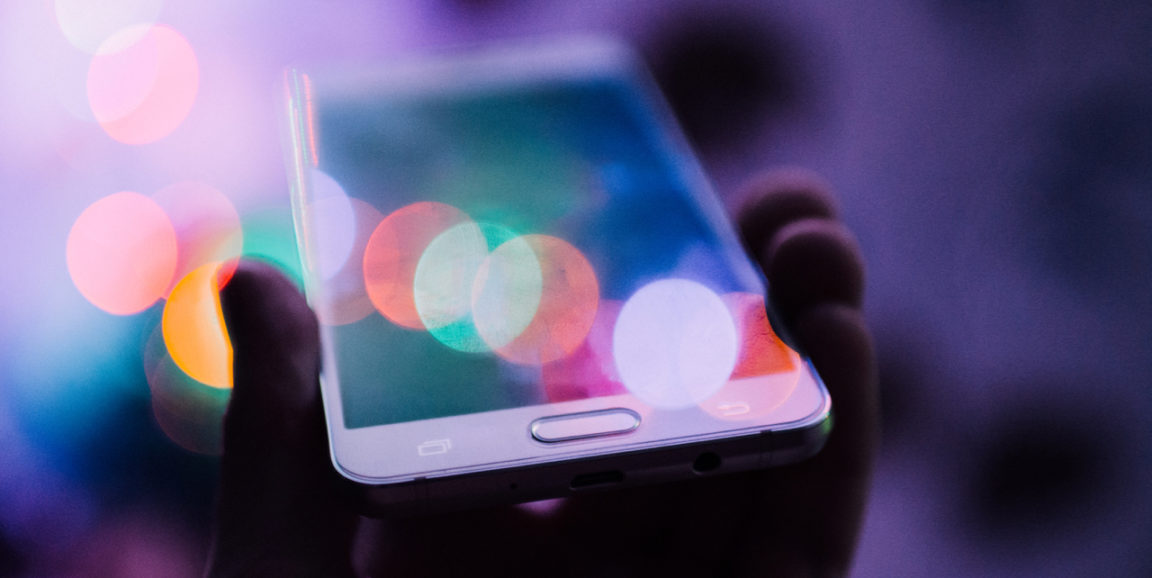Stanford biomedical data scientist Dennis Wall, PhD, and his team are developing technology that could help experts study and treat autism simultaneously. Their smartphone app, called GuessWhat, captures video of kids with autism as they engage with parents or other adults in a charades-like game. The researchers are shaping the game to incorporate elements of traditional autism therapies, while recording videos of parent-child interactions that could help boost the team's work on efficient, home video-based autism diagnostics.
In a new story for Stanford news, my colleague Nathan Collins explains how the app came about:
The original idea for GuessWhat, Wall said, came to him while playing a smartphone-based version of charades. In that game, players hold a phone on their foreheads, screen facing out, so that others can see a cue — a picture of an astronaut, for example — and try to guess that cue from what their friends act out.
Wall realized that by getting kids to act out a variety of different concepts — astronauts and the like, but also emotions or social situations — he might be able to capture video of children and use machine learning algorithms on that video to determine the probability any one child had autism.
The team is using machine-learning technology to distinguish between videos of kids with and without autism. They are also using funding from a seed grant provided by Stanford's Wu Tsai Neurosciences Institute to incorporate features of existing behavioral therapies for autism into the game and create a way for the game-plus-video system to track kids' progress.
Parents who are interested in contributing to the research can download the GuessWhat app for free at Apple's App Store or via Google Play and try it out with their kids. The research needs participants with and without autism.
Photo by Rodion Kutsaev




